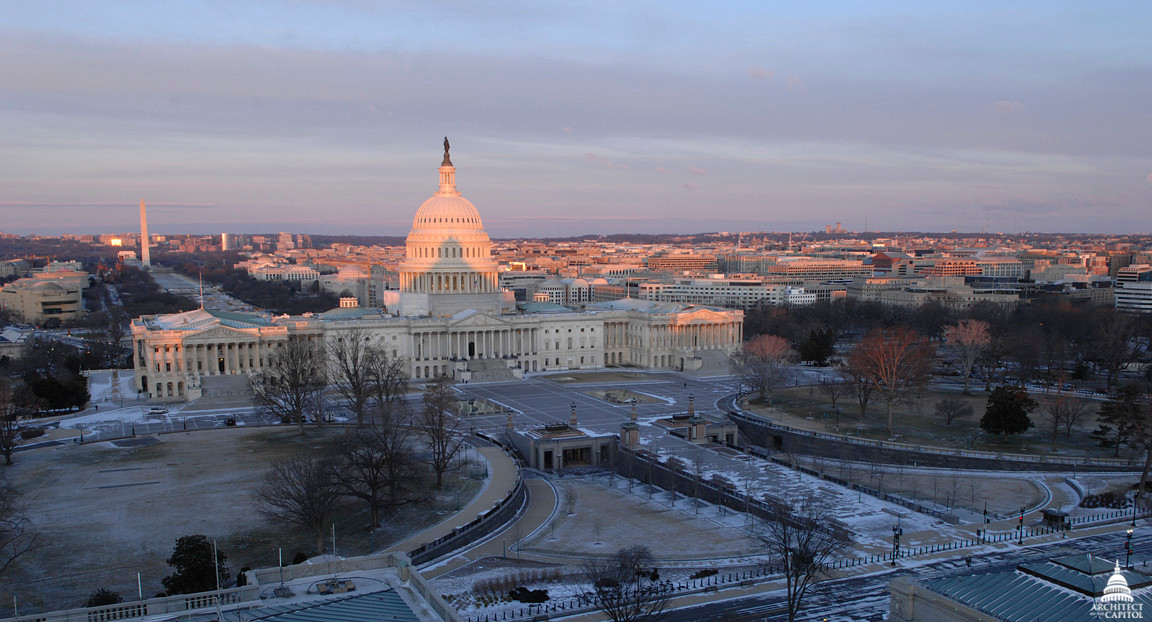GOP House Members Offer Trio of Net Neutrality Bills

The smarter way to stay on top of broadcasting and cable industry. Sign up below
You are now subscribed
Your newsletter sign-up was successful
Republicans signaled Thursday (Feb. 7) that they are offering up at least three versions of legislation that would reimpose network neutrality rules, but without doing so under Title II common carrier regs they argue are a relic of the monopoly (dial-less, black) phone based Title II common carrier rules.
Democrats weren't jumping to embrace them—the bills, that is—while activist groups said those legislative efforts were at best woefully lacking and at worst fake efforts promoted by ISP lobbyist "shills."
That came at a House Communications Subcommittee hearing on net neutrality that featured a lot of good intentions about compromise and comity and a lot of tough language around the remaining political differences.
Related: Net Neutrality's Title I vs. Title II Digital Divide Remains
The bills are the Open Internet Act of 2019, introduced by Rep. Bob Latta (R-Ohio), ranking member of the subcommittee, a revival of a bill from Rep. Greg Walden (R-Ore.), former chair of the full committee, based on a bill offered up in 2015 by Sen. John Thune (R-S.D.) (then chair of the House Energy & Commerce Committee) and Rep. Fred Upton (R-Mich.), (then chair of the Communications Subcommittee); and one from Rep. Cathy McMorris Rodgers (R-Wash.) based on a Washington state net neutrality bill.
There now seems agreement on both sides for rules, enforced by the FCC, against blocking, throttling and anticompetive or consumer-unfriendly paid prioritization (which would leave room for public safety or health info prioritization). But that's where the twains no longer meet.
Walden conceded there were probably times when the Republicans should have accepted some offers, but the same went for the other side, he added, in talking up this latest legislative offer. He pointed out his bill is the same offer he made in 2015, which is to codify the FCC rules so they would not be subject to change by future commissions. That would mean no blocking, throttling or paid prioritization and ISP transparency about network practices. So, basically the 2015 Open Internet order but without Title II or the general conduct standard (see below). Walden said that offer had been on the table before that 2015 order was adopted.
The smarter way to stay on top of broadcasting and cable industry. Sign up below
He also said that bill was a starting point, and if they didn't like that, they could start with the Latta bill, which mirrors one offered up by then Democratic Energy & Commerce Committee chairman Henry Waxman in 2009, or Rodgers' bill.
Net neutrality activists, who generally argue that Title II is necessary to undergird such rules, were quick to dismiss the efforts as insufficient, including that codifying a small set of rules lacks the forward-looking aspect of the 2015 Open Internet Order's "general conduct standard," which gave the FCC the power to regulate conduct not falling under the rules but that impeded a free and open internet. The idea behind that standard was that the FCC could not anticipate all the kinds of conduct a rapidly changing and innovating tech platform could allow for.
“The strength of the FCC’s 2015 Open Internet Order was that it carefully established strong net neutrality rules without preventing the agency from protecting consumers on other non-net neutrality issues," said Chris Lewis, VP of Public Knowledge. "Unfortunately, these bills seem to be crafted to do the opposite. They seem to be crafted in order to limit the ability to refine net neutrality protections as business practices develop, and to limit the FCC’s authority to ensure other key consumer protections, such as privacy, universal service, truth in billing, disability access, can be updated for 21st century broadband networks."
Fight for the Future called the bills "weak legislation that would undermine the open internet while claiming to save it."
One of the big issues with imposing new rules is whether Democrats will sign off on them without a general conduct standard in the package. NCTA-The Internet & Television Association President Michael Powell, who testified at Wednesday's hearing, signaled NCTA would support legislation that reinstated the FCC's 2015 rules—against blocking, throttling and paid prioritization—but that does not include the general conduct standard, a spokesperson for the NCTA confirmed after the hearing.
ISPs see that undefined power to regulate conduct yet to materialize or anticipate as providing the same kind of uncertainty as the constant legal ping-pong game surrounding the FCC attempts to regulate or deregulate internet access without clear direction from Congress on what its authority is.
Contributing editor John Eggerton has been an editor and/or writer on media regulation, legislation and policy for over four decades, including covering the FCC, FTC, Congress, the major media trade associations, and the federal courts. In addition to Multichannel News and Broadcasting + Cable, his work has appeared in Radio World, TV Technology, TV Fax, This Week in Consumer Electronics, Variety and the Encyclopedia Britannica.

